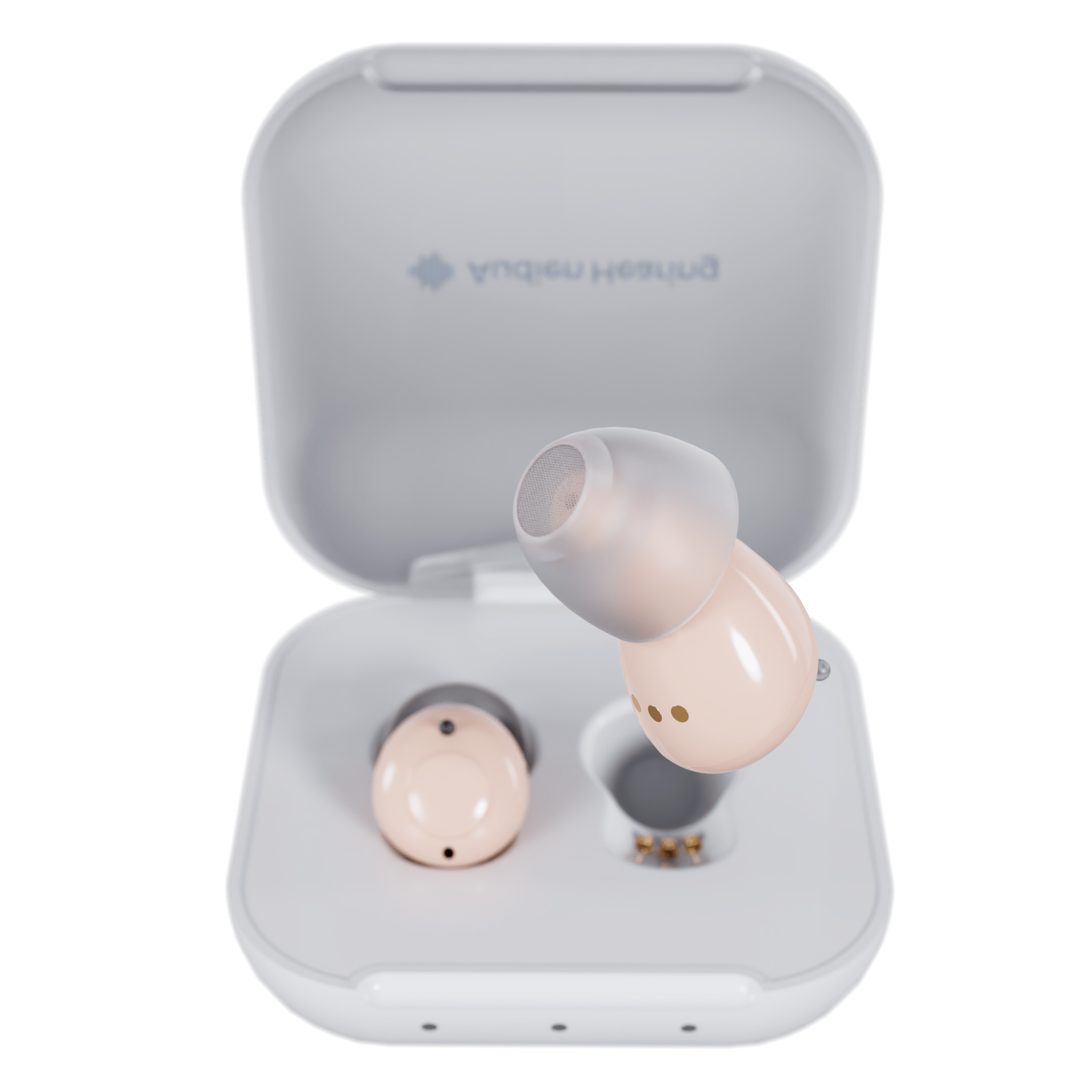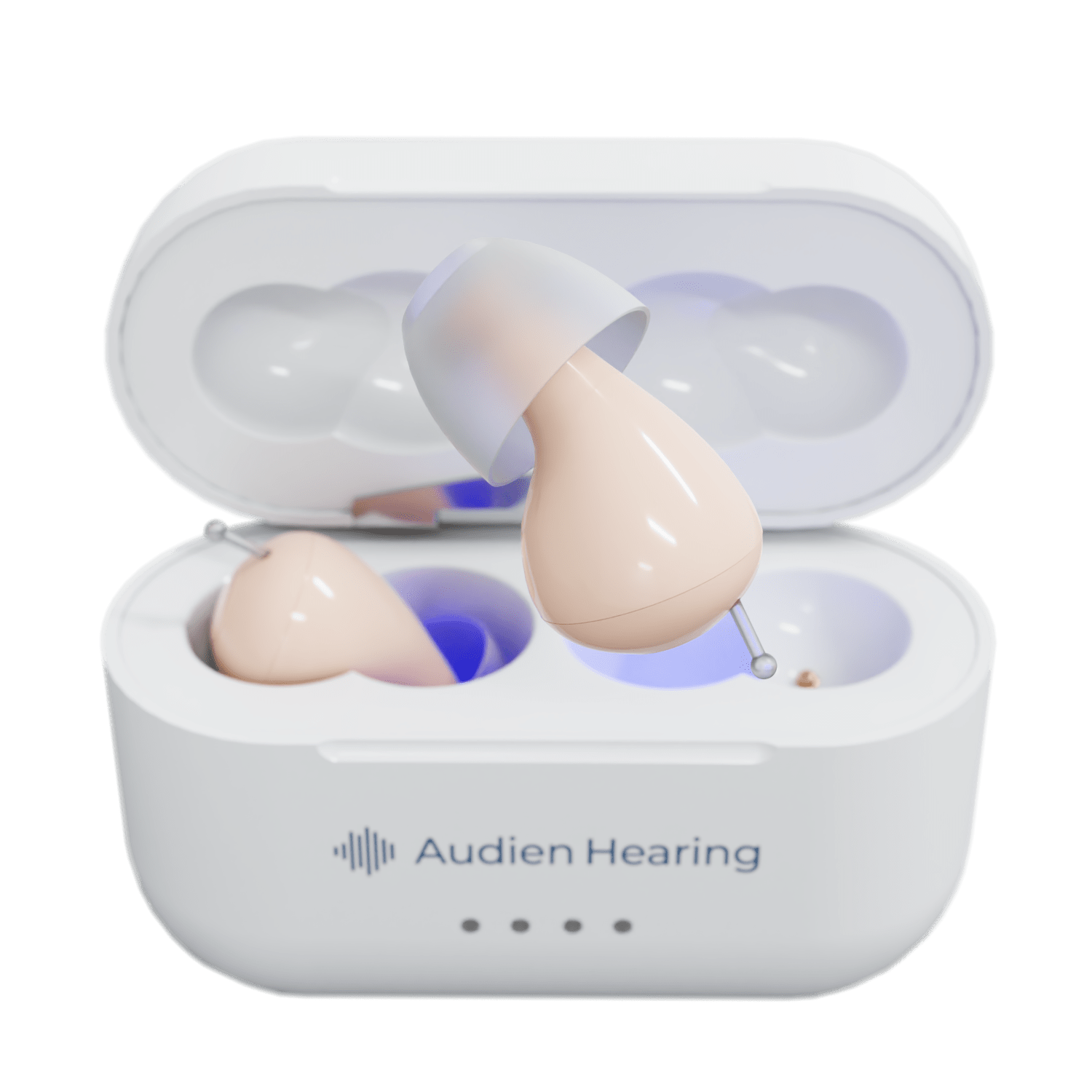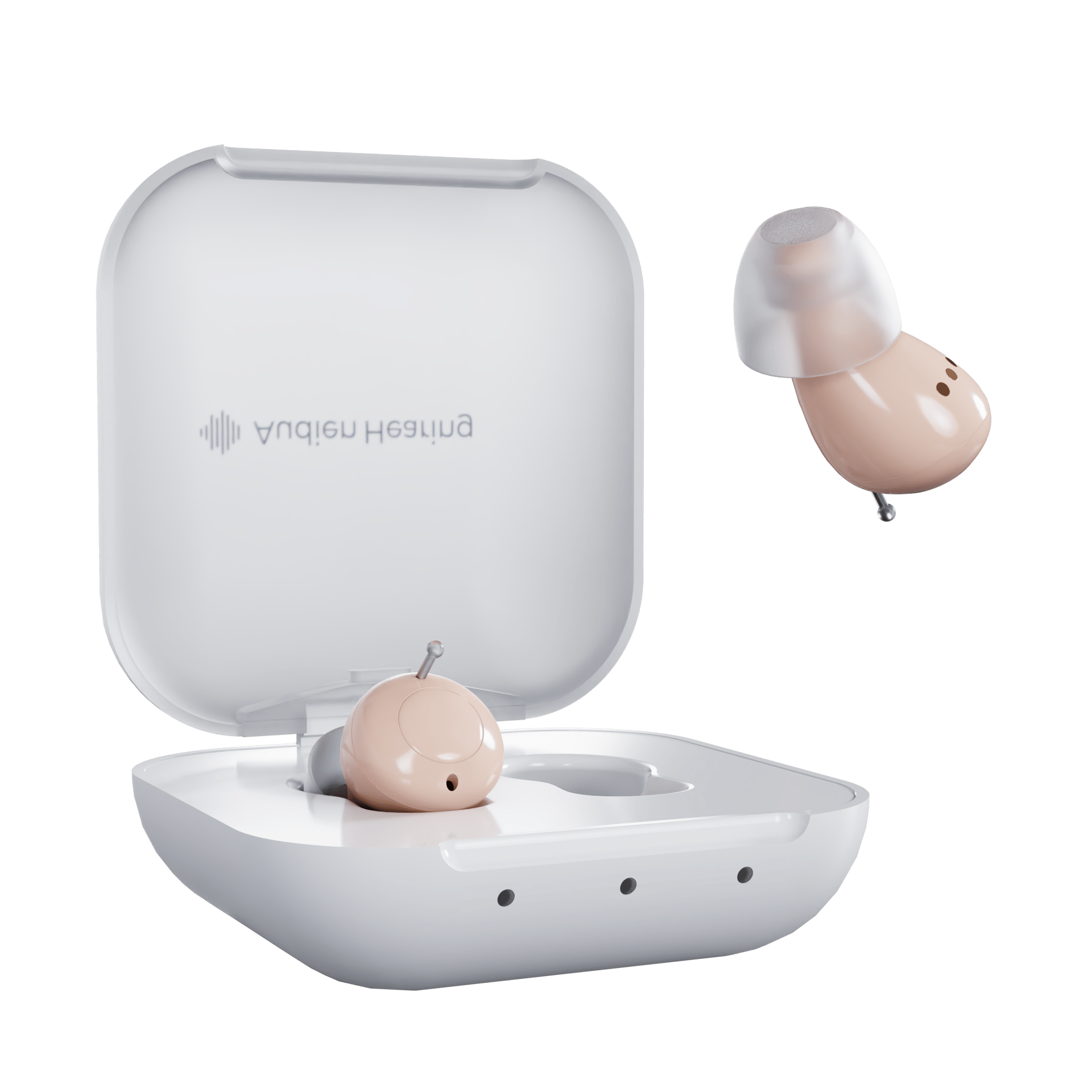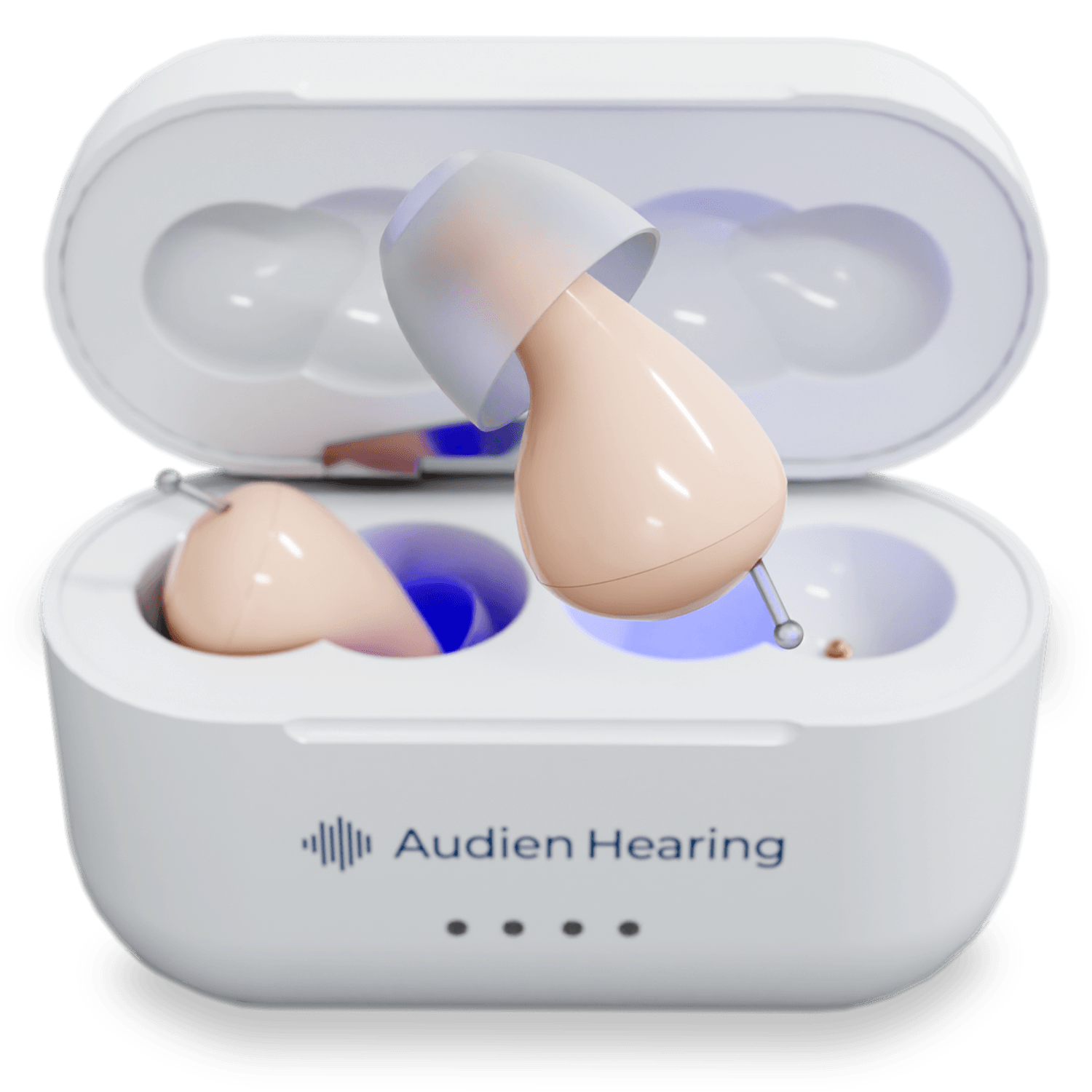Hearing loss affects millions and millions of people every year in the United States. It is considered one of the most prevalent disabilities affecting the general population, and it represents a myriad of obstacles for those who suffer from it. One of those obstacles is the extremely high cost of acquiring hearing aids.
For many, this cost is so high that it prohibits them from acquiring these life-changing medical devices. Thankfully, there are ways that a person can claim their hearing aids as tax deductible. Let’s take a closer look at this process.
Hearing Loss
Research shows that over thirty million people in the United States above the age of twelve are suffering from some form of bilateral hearing loss. It’s astonishing to think that this is only picking out one demographic of hearing loss and not taking into account individuals below the age of twelve or individuals with unilateral hearing loss.
Hearing loss itself is one of the most widespread disabilities simply because no one is invulnerable to acquiring this condition. As humans, we constantly use our ears every day, and naturally, with age, this sensing organ begins to depreciate. However, daily life itself can lend an incredible amount of factors that might exacerbate this process.
Not shielding your ears from chronic loud noises can lead to a depreciation in your body’s natural ability to hear. A traumatic injury can damage your hearing organs that can affect your ability to hear and your entire sense of balance. Also, genetic factors can play a role in inheriting hearing loss, and this doesn’t always manifest at birth or even during youth.
The point is, there are a multitude of different ways a person can either naturally develop or acquire hearing loss and its effects are widespread across the population.
What To Do When You Have Hearing Loss

The person who has hearing loss will automatically be introduced into a new world of challenges. Not only is living with a disability a rather large learning curve in general but finding out how to get treatment and what equipment you need can be daunting.
What Are Your Hearing Aid Options
For many people who suffer from moderate to significant hearing loss, hearing aids are one of the best options for treatments. These devices are incredible and have been on the cutting edge of medical technology since first being invented. These devices are designed to help someone who is experiencing hearing loss but amplifying certain sound waves to a recognizable decibel level.
When you experience hearing loss, your natural decibel threshold is raised to an unnatural level. Let’s unpack this a little more.
When a person has normal hearing, they can hear sound wave frequencies that are present in their normal decibel ranges. A decibel is a measurement of the power or force that a sound wave has. Think of the difference between a soft -- spoken friend you always have to carefully pay attention to understand and the roar of a Harley Davidson passing you by on the street. Both of these sources emit sound waves with unique frequencies; however, both present with different forces and power levels. This is called a decibel.
When you lose your hearing, what’s happening is that sound waves you used to understand at their normal decibel levels now need to be more powerful because your decibel threshold has risen. When you are looking to purchase hearing aids, you are looking to buy devices that will do just this. The purpose of a hearing aid is to capture sound waves that you no longer recognize and elevate them to a decibel threshold you do recognize.
Purchasing hearing aids can be daunting. There are multiple styles and recommendations, and it can seem like there are almost too many options. For many people, though, the biggest question is whether they want to get prescription hearing aids or over-the-counter hearing aids.
Over-the-Counter Hearing Aids

Over-the-counter hearing aids are a valid option for anyone looking to not break the bank. Typically these hearing aids are not FDA approved, and you cannot use your prescription, if you have one, to get them custom programmed to your exact needs.
We have worked hard to create an industry-standard, over-the-counter hearing aid that excels in quality and function. Our one size fits all devices do not come with a guarantee that they will fit; however, they do come with a customer satisfaction guarantee that they can help you on your hearing loss journey. We not only guarantee our products, but we have hundreds of satisfied customers all over the world that testify to the impact our EV1 and EV3 have had on their lives. Currently, as the smallest in-ear hearing aid sold on the market, we combine a comfortable form factor and cutting-edge technology that helps you filter out background noise and hear what you want.
Prescription Hearing Aids
Prescription hearing aids, on the other hand, are costly. These hearing aids can cost thousands of dollars to acquire due to the doctors’ and specialists’ appointments it takes to get your unique prescription. The good thing is that with a unique prescription, you can get hearing aids specifically programmed to your exact needs. The obstacle for many people is that Medicare/Medicaid and many private insurance companies do not cover any of the outrageous costs of this process.
With expensive hearing tests and the cost of specialists, hearing aids pose thousands of dollars worth of investment for the person who needs them. While specific criteria have made certain individuals qualify for financial assistance through social security, this disability is still largely un-financially assisted for most individuals.
Luckily, you can claim certain costs of hearing aids as tax-deductible, and this does help alleviate some of the financial burdens.
Hearing Aids are Tax Deductible
Being able to include your hearing aids and their cost against your taxable income at the end of the year isn’t maybe the financial assistance you would hope for that an insurance provider could give, but it’s something!
Using a Schedule A(Form 1040), you can itemize your medical expenses and claim hearing aids on your taxes. Medical expenses, in general, can typically be deducted at the end of the year so long as they match or exceed 7.5% of your annual income.
Not only can you deduct the cost of your hearing aids, but the doctors’ appointments, audiologist, and the cost of testing can all be deducted. The official IRS website can help guide you through what medical costs you can deduct; however, you should seek tax professionals if you are unsure.
For someone who makes forty-five thousand in annual income, to be able to add their medical expenses as a tax-deductible item, they would need to show that they spent over three thousand three hundred and seventy-five dollars in medical expenses.
Other Tax Deductible Costs and Non-qualifying Costs

Suppose you are one of the millions of people who have had to pay outrageous prices for necessary hearing aid technology that wasn’t covered by financial assistance or private insurance. In that case, getting a tax break is a welcome relief. But it doesn’t just stop at your hearing aids.
A tax professional should always be consulted to make sure that you are fully aware of the extent to which you can claim medical expenses on your taxes. However, the IRS does lay out other services related to hearing loss that qualify.
For instance, hearing aid maintenance like batteries, cleaning or repairs can all be counted as costs that can be deducted. Also, since hearing loss is a disability and treatment is deductible, some added machinery that helps you achieve normal life related to hearing loss. For example, paying to have your phone modified to boost the sound to a recognizable decibel level, or even costs to repair these appliances.
The government will also accept the costs of getting a service animal trained to help you with your disability. Not only the cost of the actual pet but also training, grooming, and maintenance costs.
You Aren’t Alone
If you are new to hearing loss, rest assured that you are not alone. The extremely high price tags of prescription hearing aids are daunting to anyone who has to look at purchasing them; however, certain tax breaks can be beneficial. It is good to remember that prescription hearing aids are not the only option on the market.
We have committed to bringing affordable, high-quality, over-the-counter hearing aids to the market as a valid option for anyone looking to deal with hearing loss.
“Audien hearing aids can be a great alternative, low cost and easy to use.”- Drew Sutton, MD, Board-Certified Otolaryngologist.
Source:
Are Hearing Aids Tax Deductible? |caring.com
IRS: About Schedule A (Form 1040), Itemized Deductions| irs.gov
IRS Topic No. 502 Medical and Dental Expenses|irs.gov |irs.gov













